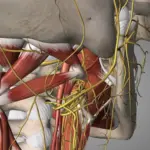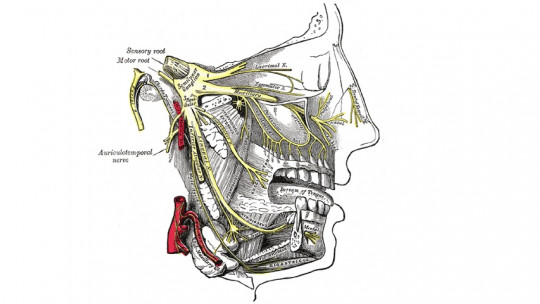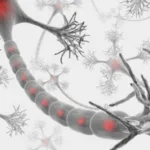
Don’t lose your nerve!
Popularly, there is a conviction that “nerves” are like little devils that, when fed too much, make our lives hell. In fact, in popular language the message of “not losing your nerve” is transmitted, which means “calm down, don’t get upset.” And this advice would be very accurate if it were not for the fateful interpretation given to it.
Really, if we took “not losing our temper” as what it really means, and not as a frightening interpretation of what will happen if we lose our temper (if we are not calm), There would be many fewer anxiety problems and of course, that even more popular goal of “being happy” would be closer..
What are nerves?
Beyond philosophical or linguistic analyses, it is important that we have a clear idea of what those “nerves” that we talk about so often are, and especially of How nerves influence our daily functioning. Therefore, we are going to treat them under the term activation.
First of all, we must attack that negative connotation. These nerves refer to the level of mental, physiological and emotional activation, which translates into specific behaviors that act in an attempt to moderate that level, always depending on the specific task.
In clinical psychology, this concept has a lot to do with anxiety, stress or fear. A basic characteristic of anxiety is the high activation, both physiological and emotional, that the person experiences. Thus, we see how the three terms (anxiety, stress or fear) are nothing more than different representations of high activation.
types of nerves
This is an important point. For us, arguing with our partner is not the same as the nerves we feel when taking an exam, nor responding to a scare is the same as fleeing from a rabid dog. That is why we say that it is the task that determines what type of activation and what level of it we must have. In reference to the types of activation, we must know that our “nerves” act based on two mechanisms.
Is it good to be very activated?
Of course, it can be. This activation, as we mentioned, is useful or necessary depending on the task. Returning to the examples from before, much greater activation is useful if we need to escape a threat than if we are trying to pass an exam. What’s more, the very existence of this activation is necessary in order to face daily challenges. It’s not necessarily bad. Unless we decide it ourselves.
In the same way, regarding that positive activation, there will also be a differential need for it when it comes to improving the time it takes to run a kilometer, than when it comes to receiving a kiss (remember that positive activation not only implies positive emotions, but behaviors that help us or bring us closer to that source of activation, as in the case of a goal).
Reinterpret anxiety to live better
What is the real problem? That is to say, Why is the message still being given about not losing your nerve, about not having high activation? Obviously there are certain situations in which high arousal is not useful, but what if it is? There is no need to fear the body’s adrenaline rush, much less the consequences; no one has turned into a green muscle monster yet.
On a clinical level, here is an important problem: the subjective evaluation we make of our activation and the consequences that it will have. It has been shown that the most disabling component of anxiety is not the physiological or physical component, but the mental one.
Relax. There are techniques to regulate this activation, called, pardon the redundancy, deactivation techniques, among which are muscle relaxation, meditation or relaxation in imagination. And they can be used at the moment when this activation becomes unnecessary.
But before we get to it, let’s relativize. It’s okay to lose your nerve, especially if it’s positive nerves. Let’s give that positive excitement a chance. Let’s give our body a chance to express itself too. Maybe you want to tell us something.








